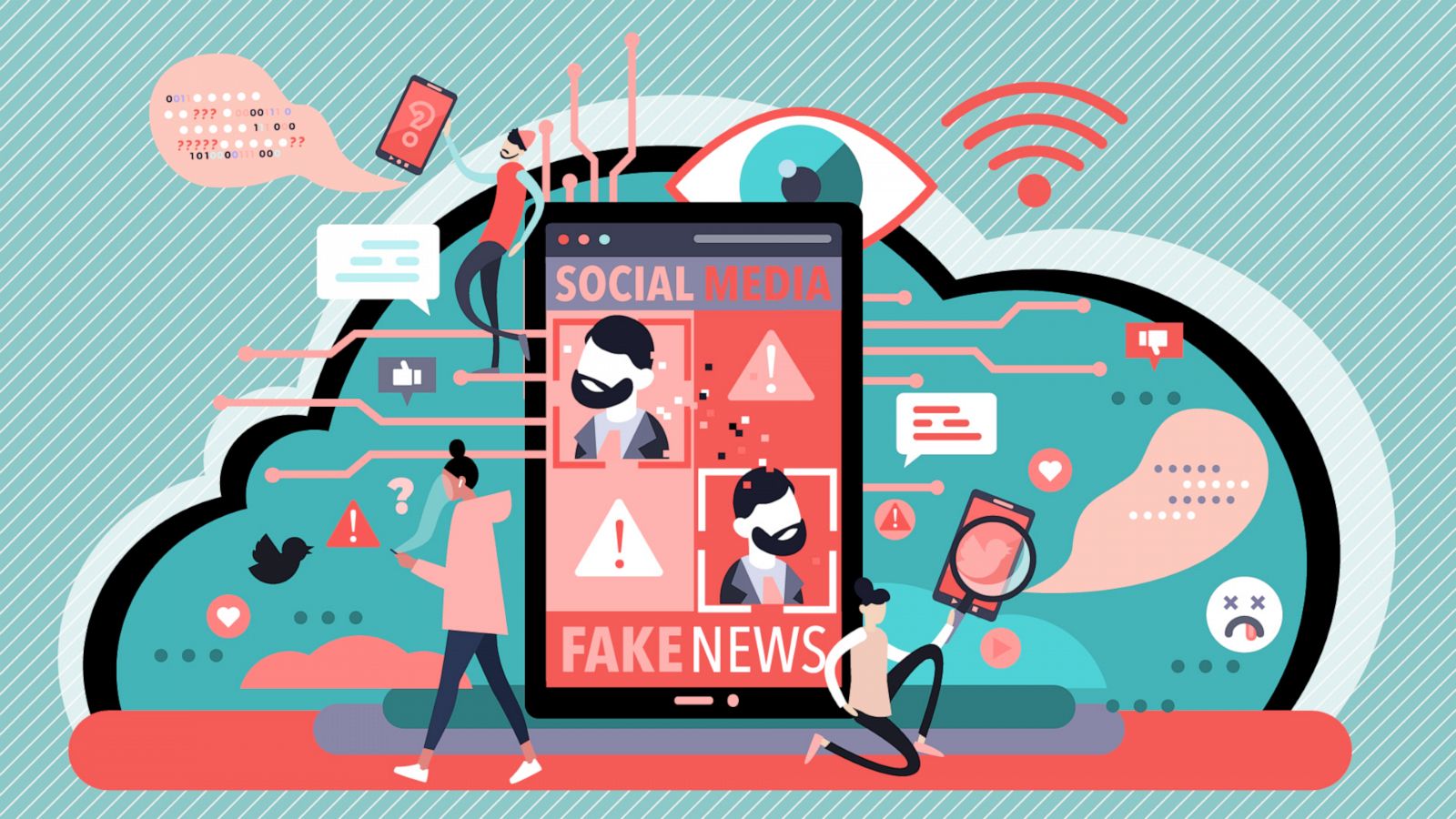Misinformation



Misinformation is one of the many bad things that can spread via. social media. Misinformation such as rumors or conspiracy theories are false information spread by users over the internet. Misinformation is typically found within websites where users can post whatever they want or websites that are owned by “trolls” who just want to create chaos throughout the world for their own enjoyment. On this page, you will learn about how misinformation spreads, why users spread it and how you can check if something is misinformation or not.
Viral Nature of Content: Social media platforms are designed to facilitate the rapid sharing of content. Posts that are engaging or sensational can quickly go viral, regardless of their accuracy. This rapid spread can amplify misinformation, making it reach a vast audience in a short period.
Unverified Sources: Unlike traditional media, social media lacks stringent editorial standards. Users can share information from unverified sources without consequence, increasing the spread of false information.
Emotional Engagement: Misinformation often leverages emotional triggers to engage users. Content that provokes strong emotional responses is more likely to be shared, regardless of its accuracy.
In general, on purpose or not, spreading misinformation causes a lot
of discord within communities and can lead to drastic things such as
breakups and more. Due to this, misinformation is one of the worse
things that people can be introduced to when browsing the internet.
Some ways to check if something is misinformation are:
1. Check if your source is peer-reviewed.
If your source has been reviewed as correct by multiple
trustworthy third-parties, then they are more likely to have
correct information.
2. Check if your source is credible
If your source has been known to give correct
information and/or is using information from another credible
source, they are very likely to be giving correct information.
3. Check if your source would have consequences for
lying.
If the source you are using would have consequences for lying,
they are less likely to be lying because they don't want to be
liable for those consequences.